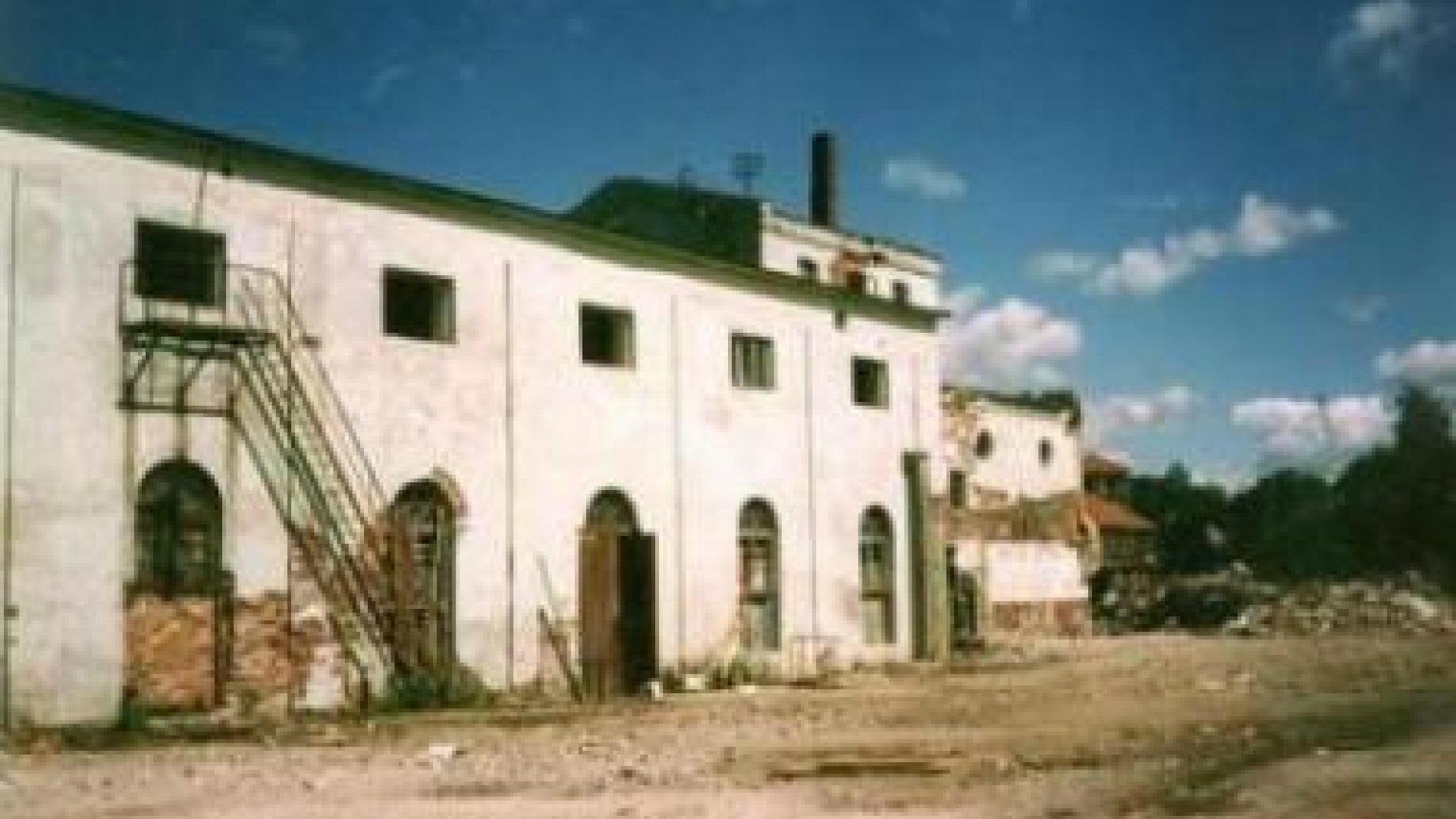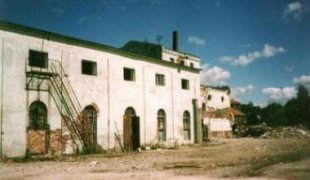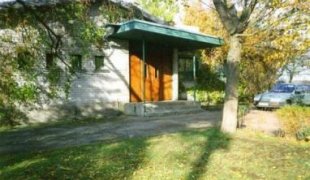History
From 1699 to 1710 a university founded by the Swedish king was operating in Pärnu, which is considered a phase in the history of the University of Tartu. Due to the Great Northern War the activities of the university were short-lived, however the impact of the university on the development of Pärnu was significant.
In 1990 the Town Council of Pärnu deemed it necessary to open an institute or a faculty of the University of Tartu in Pärnu for research into health resort treatment, tourism and holiday management and to prepare qualified personnel. Higher education was once again possible in Pärnu in 1991 when Pärnu Post-Secondary School of Economics opened. From the outset, the objective of the school was to develop into a higher education institution. It also began a purposeful development project with the Association of Canadian Colleges in the field of tourism and hotel management. The establishment of the library was also undertaken.
In 1994 the municipal school was federalized, the number of students exceeded 200 and the tourism and hotel management department was opened. Pärnu Post-Secondary School of Economics grew in popularity throughout Estonia and the number of students from outside Pärnu grew consistently.
At the end of 1994, The University of Tartu Days were held in Pärnu. At that time, discussions to open a college in Pärnu as part of the university were undertaken with municipal and county officials. A general commission was established to carry out these negotiations.
On March 20, 1996 Pärnu City Government, Pärnu County Government, the University of Tartu, Ministry of Education and Pärnu Post-Secondary School of Economics all signed a collaboration agreement.
On May 17, 1996 the University of Tartu Pärnu College opened its doors as a successor to Pärnu Post-Secondary School of Economics. Pärnu College is operating as an institution of the University of Tartu under its own charter. The last graduating class of Pärnu Post-Secondary School of Economics finished in the spring of 1998.
1999 was declared the year of the university in Pärnu, as it marked 300 years since the first university opened its doors there. The entire year’s activities, which were organized together by the University of Tartu Pärnu College and the governments of both the city and county of Pärnu, were carried out under the slogan: UNIVERSITY IN PÄRNU – 300.
The first part of the college’s new building was finished in 1999; the second part, including the library, was finished in 2001.
In 2002, the curriculum of the Management of Aquatic Ecosystems was opened at Pärnu College and closed on 1 January 2012. During the period of 2006–2011, 58 students graduated from the curriculum.
On 9 January 2005, a storm raged all over Estonia. In Pärnu, the sea water level reached 2.95 m above the Kronstadt gauge. The water penetrated the college building and the college library, thereby severely damaging the electrical and heating system, computers, server room, furniture and walls.
30 November 2007 – the Business Administration curriculum was renamed Entrepreneurship and Project Management.
31 October 2008 – the international master’s curriculum Wellness and Spa Service Design and Management was opened at Pärnu College, attracting students from around the world.
6 January 2010 – Pärnu College started a continuing education programme called the University of the Third Age aimed at developing senior citizens’ personality, creativity, talents, initiative and social responsibility. The University of the Third Age is very popular among the participants to this day, offering them lectures by world travellers as well as providing them with valuable knowledge.
17 December 2010 – the first master's curriculum in Estonian – Service Design and Management – was opened at Pärnu College.
28 January 2011 – the curriculum of Social Work Administration, which was opened in 1998, was renamed Administration of Social Work and Rehabilitation.
16 December 2013 – Pärnu College received an award for the promotion of the quality of study at the University of Tartu.
6 May 2019 is a significant date for Pärnu College, the University of Tartu and the city of Pärnu. Namely, the city of Pärnu and the University of Tartu signed a cooperation agreement for a period of five years with the aim of transforming Pärnu College into an outstanding centre of higher education and competence in western Estonia by 2024, including increasing the number of students in full-time regular study and raising the volume of continuing education, research and development at and/or in liaison with the college. Pärnu College became the first regional college whose development is supported by the city and other municipalities in the county.
28 August 2019 – the 320th anniversary of the founding of Academia Pernaviensis was celebrated, an association of the same name was established, and its first think tank held. The non-governmental organization MTÜ Academia Pernaviensis strives to foster an academic environment of communication in Pärnu, unite intellectuals from here or related to Pärnu, enrich the educational and cultural life in the city through joint activities, and support the inclusion of young people in preserving the academic heritage of Pärnu. The activities of the NGO focus on intellectually defining and developing the trends of the city and county of Pärnu, promoting Pärnu as a city of conferences and continuing education, and as a place where people gather for think tanks. The Academia Pernaviensis community encompasses over 300 people, including scientists, journalists, experts from various fields, ministers, lecturers, teachers, and active young people.
Founding members of MTÜ Academia Pernaviensis:
- Rein Veidemann, literary scientist, writer and lecturer, emeritus professor at Tallinn University
- Margit Raid, entrepreneur, owner and CEO of consultancy firm Miski
- Ülle Sirk, Administrative Coordinator in Tartu of the Estonian Academy of Sciences
1 October 2019 – the joint project KOBAR was created, uniting Pärnu County Development Centre, the city of Pärnu and UT Pärnu College to enhance the development of entrepreneurship in Pärnu County, the creation of new and innovative enterprises and the training of necessary specialists. The cluster brings together the knowledge of the university, developers and entrepreneurs, the Business Incubator and access to the world's most important science and technology databases in a shared space. In KOBAR, entrepreneurs from Pärnu County and western Estonia meet all Estonian universities on the one-stop-shop principle. The cluster KOBAR is home to pop-up entrepreneurship and cultural cafes, with communities of entrepreneurs, professionals, mentors, founders, educators and CCI entrepreneurs buzzing throughout the year. In the opening stage of the KOBAR project, renovations were done in the Ringi 35 building to change the functionality of the premises for Pärnu County Development Centre and the Business Incubator.
11 October 2019 – the first Korkenfabrik book café took place. This was the first pop-up cultural café to open in the college library as part of Pärnu Restaurant Week 2019, thereby reviving the legacy of the former cork factory that operated in the historic part of the Ringi 35 building.
14 May 2021 – Pärnu College celebrated its 25th anniversary. Repairs to part II of the study building, including the library, were completed, and Pärnu County Development Centre and the Business Incubator officially relocated to the 3rd floor of Pärnu College.






